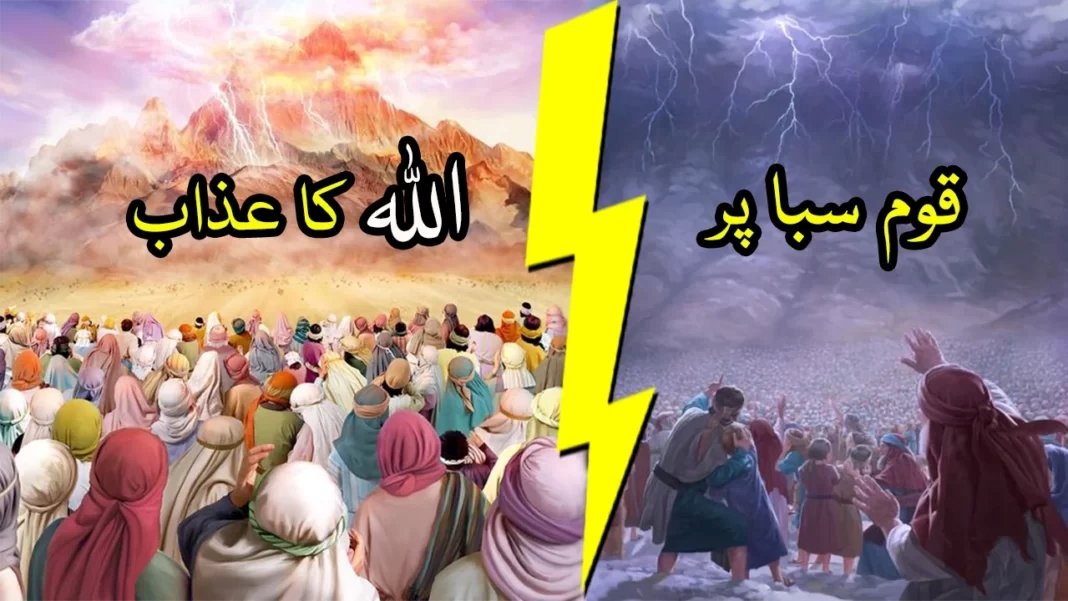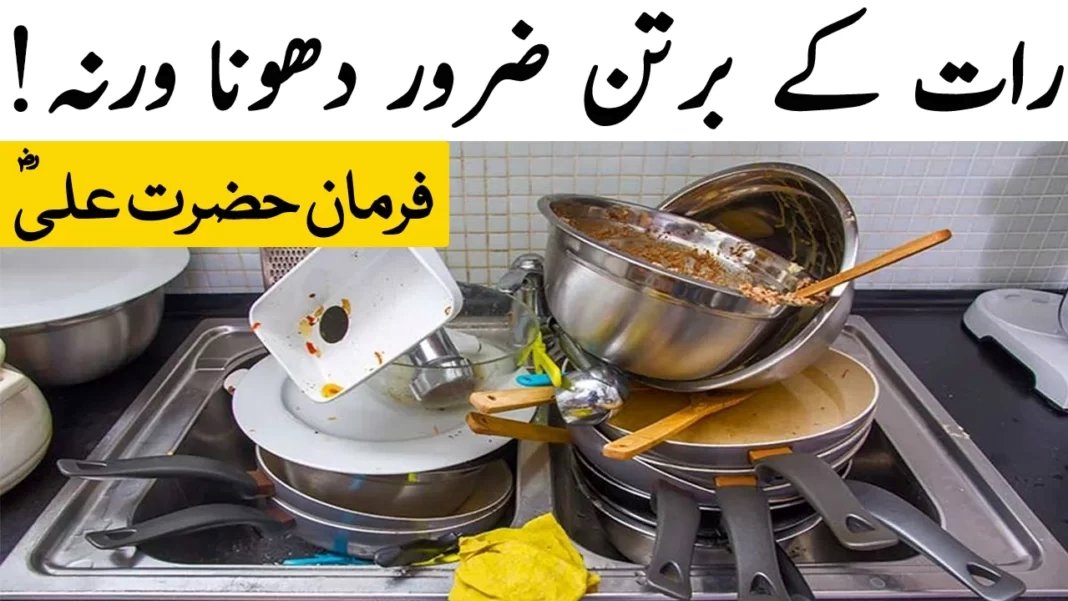
مَطلب کے بِنا کسی کو کون پُوچھتا ہے،
بِنا رُوح کے تو گَھر والے بھی نہیں رَکھتے

کُچھ لوگ اِتنا اَچھا سبق دیتے ہیں
کہ پِھر ساری زندگی کسی اور سے،
کُچھ سِیکھنے کی طَلب ہی مَحسوس نہیں ہوتی

رِشتوں کی قَدر کر لیجئے کیوں کہ پھر تَصویریں،
کسی کی کَمی کو پُوری نہیں کر سکتی،

جِس دن خود کی کَمائی سے ایک اِینٹھ بھی خَریدو گے نا،
اُس دِن باپ کی جھوںپڑی کی قِیمَت کا پتہ چَل جائے گا

فوٹو لینے کے لیے اچھے کپڑے نہیں جناب،
صرف مُسکراہٹ اچھی ہونی چاہیے

ہتھیاروں سے جنگ تو جیتی جا سکتی ہے مگر دل نہیں ، کیونکہ دل صرف کِردار کے ساتھ جیتے جاتے ہیں،

اَپنا حِصا مانگ کر دَیکھو،
سارے رِشتے بَے نَقاب ہو جائیں گے،
اور اپنا حِصا چَھوڑ کر دَیکھو،
کَانٹے بھی گُلاب ہو جائیں گے،

بہت تکلیف دیتے ہیں وہ زخم،
جو بِنا قصُور ملے ہوں
inspiration quotes in Urdu
Urdu, a language praised for its wonderful excellence and significant expressiveness, offers a rich embroidery of statements that resound profoundly with the human experience. Among its different scholarly structures, Urdu quotes and miserable reflections stand apart for their capacity to catch the nuances of human feelings. This article dives into some interesting Urdu quotes, zeroing in on the topic of pity, and investigates how these articulations reflect general sensations of misfortune, yearning, and thoughtfulness.
The Tastefulness of Urdu Statements
Urdu statements, or “Urdu truisms,” frequently exemplify shrewdness, life illustrations, and the pith of human feelings in only a couple of words. They are created with an expressive quality that changes ordinary encounters into significant reflections. These statements, with their rich expressing and profound implications, offer bits of knowledge into the intricacies of life and connections.
Novel Urdu Statements on Misery
Trouble, a widespread inclination, tracks down an impactful articulation in Urdu writing. Here are some special Urdu cites that catch the quintessence of distress and yearning:
1. **”زندگی میں سب سے مشکل وقت وہ ہے جب انسان اپنی ہی حالت سے شرمندہ ہو جائے۔”**
*Zindagi mein sab se mushkil waqt woh hai poke insaan apni hello halat se sharminda ho jaye.*
*The most troublesome time in life is the point at which one feels embarrassed about their own state.*
This statement addresses the internal conflict of self-disdain and the battle of dealing with one’s own disappointments or weaknesses.
2. **”ہم نے دل سے کہا، اب نہیں رونے کا وقت، دل نے جواب دیا، دل تو رو رہا ہے۔”**
*Murmur ne dil se kaha, stomach muscle nahi rone ka waqt, dil ne jawab diya, dil to ro raha hai.*
*We advised our heart that it’s not an opportunity to cry, however the heart answered that it is as of now weeping.*
Here, the contention between the psyche’s reasonable choices and the heart’s close to home reactions is distinctively represented.
3. **”محبت میں سب سے زیادہ درد اس وقت ہوتا ہے، جب آپ کو وہ سب کچھ یاد آ جائے جو کبھی آپ کے پاس تھا۔”**
*Mohabbat mein sab se zyada dard is waqt hota hai, hit aap ko woh sab kuch yaad aa jaye jo kabhi aap ke paas tha.*
*The best aggravation in adoration is the point at which you remember all that you once had.*
This statement mirrors the distress of thinking back about lost love and the aggravation of acknowledging what has been abandoned.
4. **”خاموشی بھی ایک زبان ہے، جو اکثر دل کی باتیں سناتی ہے۔”**
*Khamoshi bhi ek zuban hai, jo aksar dil ki baatein sunati hai.*
*Quietness is likewise a language that frequently talks the heart’s secrets.*
In this statement, quiet is depicted as a significant method for communicating implicit feelings.



















السلام علیکم امید ہے اپ سب خیریت سے ہوں گے
https://pakurdu99.com/inspiration-quotes-in-urdu/#respond
السلام علیکم امید ہے اپ سب خیریت سے ہوں گے
thanks